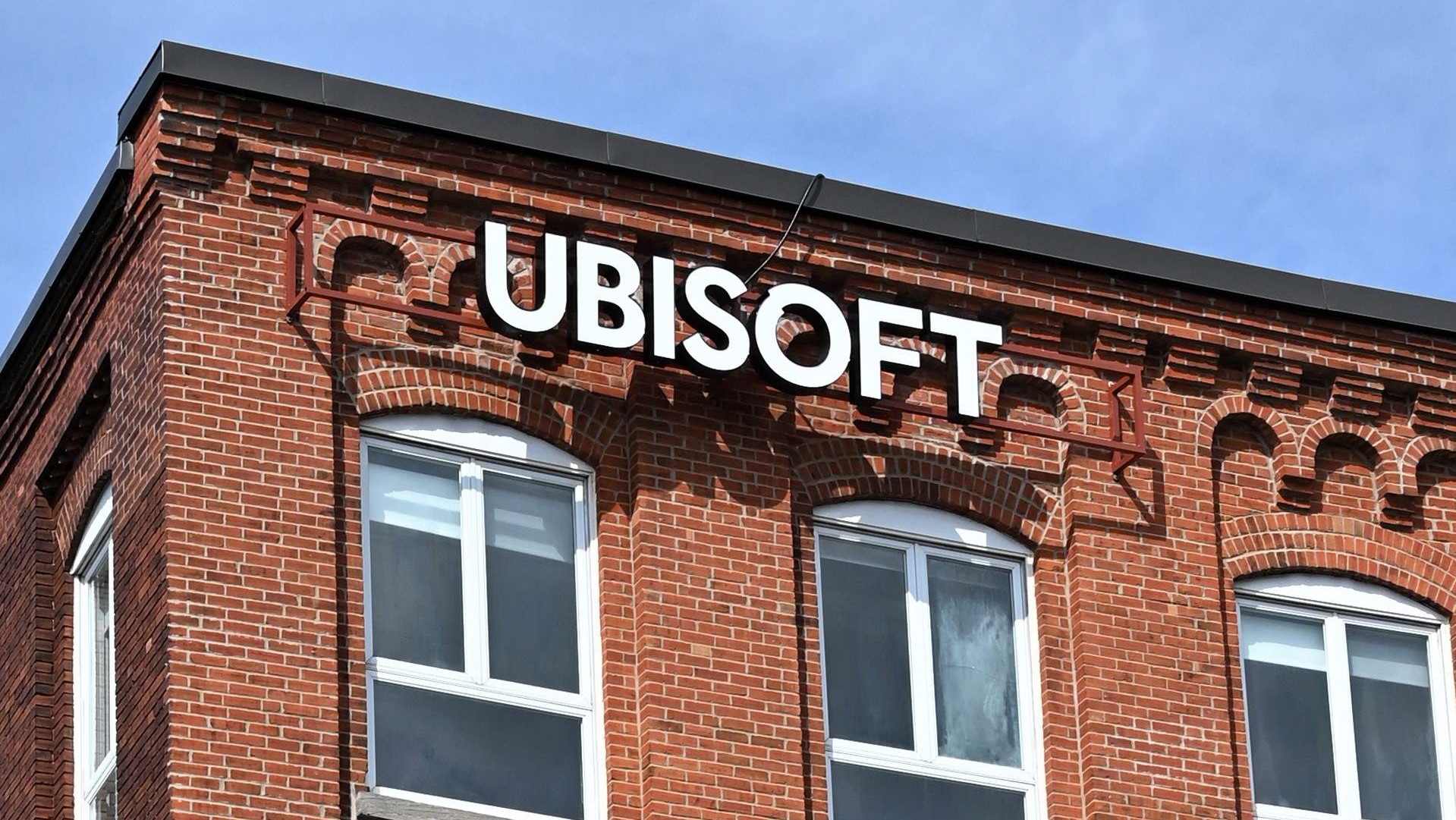Tencent's latest deal will help Ubisoft fend off takeover bids from larger corporations—like Tencent
The Guillemots have fought off takeovers before, but this is as aggressive as it gets.

Tencent is China's largest tech company and has long had its sights set on Ubisoft. It's not alone in this: as the industry consolidates, the French publisher is one of the largest and most attractive targets out there, with a public valuation of roughly $5.3 billion and globally recognised brands like Assassin's Creed, Far Cry, and the Tom Clancy games.
In June Tencent looked to increase its existing 4.5% stake by making a megabucks offer to Ubisoft shareholders of $101.84 per share: a price that represented a huge premium over stock that so far this year has averaged a price of less than half that. In other words, this is the kind of corporate aggression that won't take 'no' for an answer.
A complicated element, however, is that Ubisoft is a public company but remains under the control of the Guillemot family, who founded the publisher and through a holding company own a 16% stake in Ubisoft that comes with unique voting rights. That is, the Guillemots own approximately 1/6th of Ubisoft economically, but have a much bigger say in how the company is run than such a stake would otherwise have.
Tencent and the Guillemots reportedly sat down in May to talk turkey, with an insider telling Reuters that "Tencent is very determined to nail down the deal as Ubisoft is such an important strategic asset for Tencent".
The Guillemot family has previously shown it wants to retain control of Ubisoft, most notably in fighting tooth-and-nail to stop a hostile takeover from Vivendi (which eventually gave up and sold all of its Ubisoft shares back to the publisher). The Guillemot fightback against this deal was helped by investments from, among others, Tencent.
Now Tencent has announced a large investment in the Guillemot holding company, Guillemot Brothers Limited, of €300 million (€200 million in exchange for shares, and €100 million capital), which values Ubisoft at €80 per share. The Euro and the Dollar are currently more-or-less 1:1 in value.
But of course it's not that simple. The press release announcing the deal goes to great lengths to emphasise the limits that Tencent has accepted in order to make this investment. "Guillemot Brothers Limited remains exclusively controlled by the Guillemot family. Tencent will not be represented on its Board of Directors and will not obtain any consent or veto rights over the business."
The biggest gaming news, reviews and hardware deals
Keep up to date with the most important stories and the best deals, as picked by the PC Gamer team.
The deal comes with an allowance that the Guillemots and Tencent may increase their joint stake in Ubisoft to 29.9%, and Ubisoft's board has authorised Tencent to increase its stake from 4.5% to 9.99%. However Tencent is not able to sell these shares for five years, and if it chooses to do so at a later date has to give first refusal to the Guillemots, and cannot go beyond that upper stake of 9.99% for eight years.
To put it in plain language: the Guillemots have taken Tencent's money, but with conditions that for now put any kind of takeover on the back-burner. In fact this arguably insulates Ubisoft from takeover for the next decade: any company interested in acquiring it will, if you'll excuse the turn of phrase, have to go through Tencent first.
Most importantly from the Guillemot perspective, "As a result of this transaction, Ubisoft's governance will remain unchanged and Tencent will not have any operational veto rights."
Tencent's games industry holdings are enormous and, amidst a giant tech crackdown in China, it is explicitly looking to expand its international appeal. The company has stakes in the likes of Epic Games, Riot, Supercell, and Frontier, and owns studios including Sumo, Turtle Rock, Playtonic, and Digital Extremes. Ubisoft is now on that list, though arguably in a much smaller manner than the Chinese corporation would like. For now.

Rich is a games journalist with 15 years' experience, beginning his career on Edge magazine before working for a wide range of outlets, including Ars Technica, Eurogamer, GamesRadar+, Gamespot, the Guardian, IGN, the New Statesman, Polygon, and Vice. He was the editor of Kotaku UK, the UK arm of Kotaku, for three years before joining PC Gamer. He is the author of a Brief History of Video Games, a full history of the medium, which the Midwest Book Review described as "[a] must-read for serious minded game historians and curious video game connoisseurs alike."

